They came by force. They took the land. They forbade the language and forced their religion.
The violent story of colonization and land expansion has unfolded in similar ways all over the world, but on the heels of the International Day of the World's Indigenous Peoples, commemorated by the United Nations on August 9th, I'd like to discuss it in the context of Russia.
The world's largest country holds an astounding level of ethnic diversity. From Khanti, Mansi, and Evenk in the north to Tatars, Bashkirs, and Buryats in the south, there are over 190 Indigenous, non-Slavic groups in Russia today.
Only 47 of them are recognized as the so-called Indigenous Small-Numbered Peoples. This peculiar terminology only applies to groups with fewer than 50,000 members according to Russian law, effectively preventing larger Indigenous groups from gaining recognition and political power.
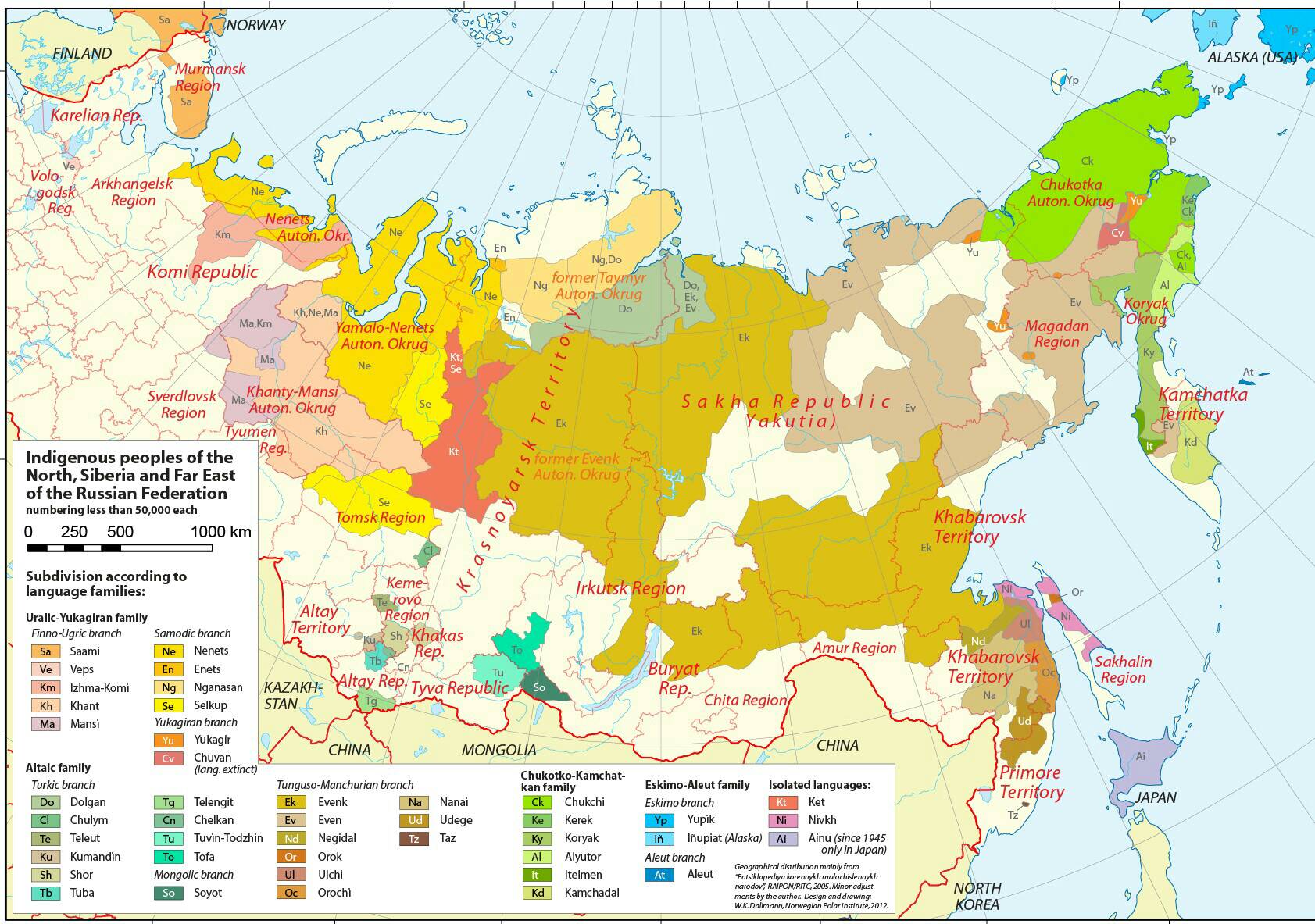
Many of Russia's Indigenous populations face similar challenges to those harming their counterparts worldwide. They are fighting the extractive practices of oil and gas companies, facing discrimination and xenophobia, and contending with an erosion of their Indigenous languages.
Since the start of Russia's full-scale invasion of Ukraine in 2022, Indigenous populations have been forcefully mobilized to the frontlines. Many of these communities have carried disproportionately larger losses in the Kremlin's war. And last year, 54 Indigenous rights organizations were designated as extremist organizations because they were advocating for basic freedoms for their people (a tactic that will be familiar to Palestinian rights organizations in the global North).
I am partially a product of this centuries-long suppression of Indigenous rights. Chuvash on my mother's side, I neither speak the language nor know its rich traditions, beliefs, and mythologies.
Chuvash people are of Turkic origin. Descendants of semi-nomadic Volga Bulgars, they lived in and around the Volga region and practiced a form of Tengrism. Becoming part of the Russian Empire in 1551, they were forcibly converted to Christianity in the centuries that followed.

Growing up in Soviet Russia in the 1960s, my mother and her siblings were not allowed to speak Chuvash at school. On the streets, they were often laughed at. Eventually, the children underwent the process of russification, a forced assimilation of minorities into Russian culture that originated during the Russian Empire and continues to this day.
The link to Chuvash culture was long gone by the time I was born in 1983. I didn't know the language my grandmother was native in, and that my mother understood but no longer spoke.
In a twist of fate, it took me coming to the United States and becoming aware of Indigenous struggles here and across the globe to gain consciousness of my own Chuvash roots and the forces that shaped my lack of connection to them.
Today, I am (slowly) learning Chuvash words from my 85-year-old grandmother. I'm yearning for books about Chuvash culture and practices. And I'm delighted to come across artists like Aysha Demina, a Chuvash contemporary weaver who works with her heritage to resist colonialist and imperialist narratives.
In a recent interview with the Amsterdam-based Moscow Times, Demina discusses an old Chuvash myth:
"The Chuvash legend states that there was a time when there was not one, but three suns in the sky. People once summoned an archer to shoot down two of them — and he did. Since then, we have been living in a broken fairy tale."
As I learn the language of my grandmother word by word, I come across the phrase Тевель тухат, which means "the sun is rising."
I hope that by remembering many more varied Indigenous stories from the farthest corners of our world, at least one broken fairy tale can be healed.
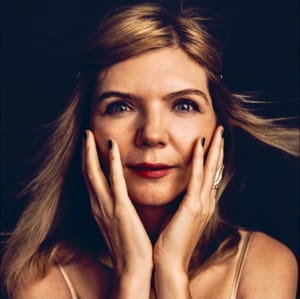
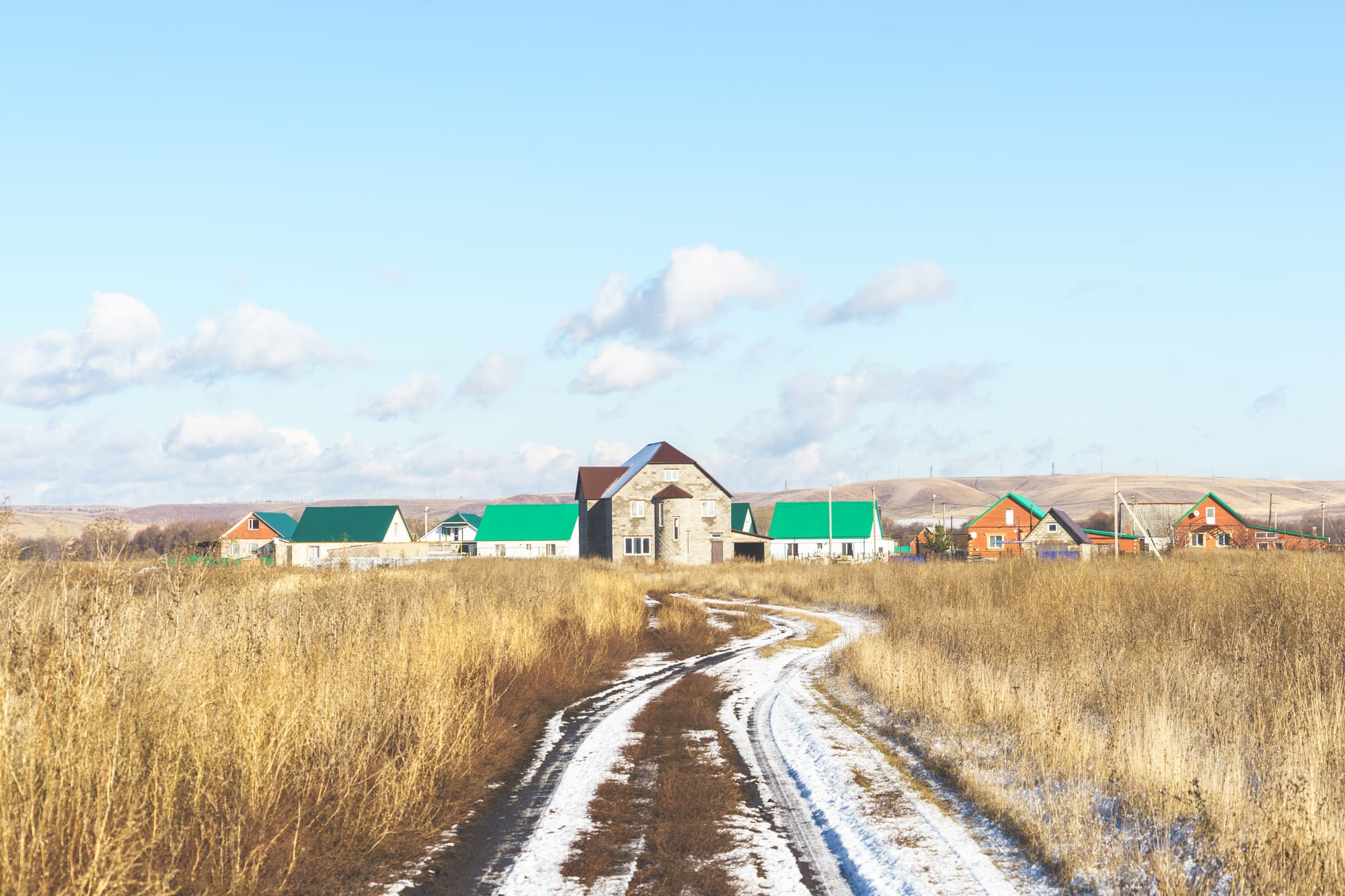

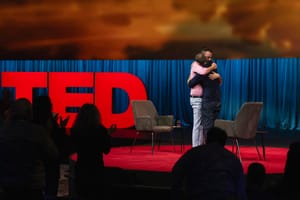
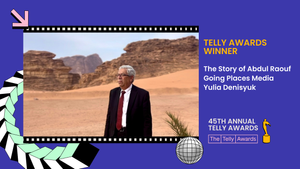
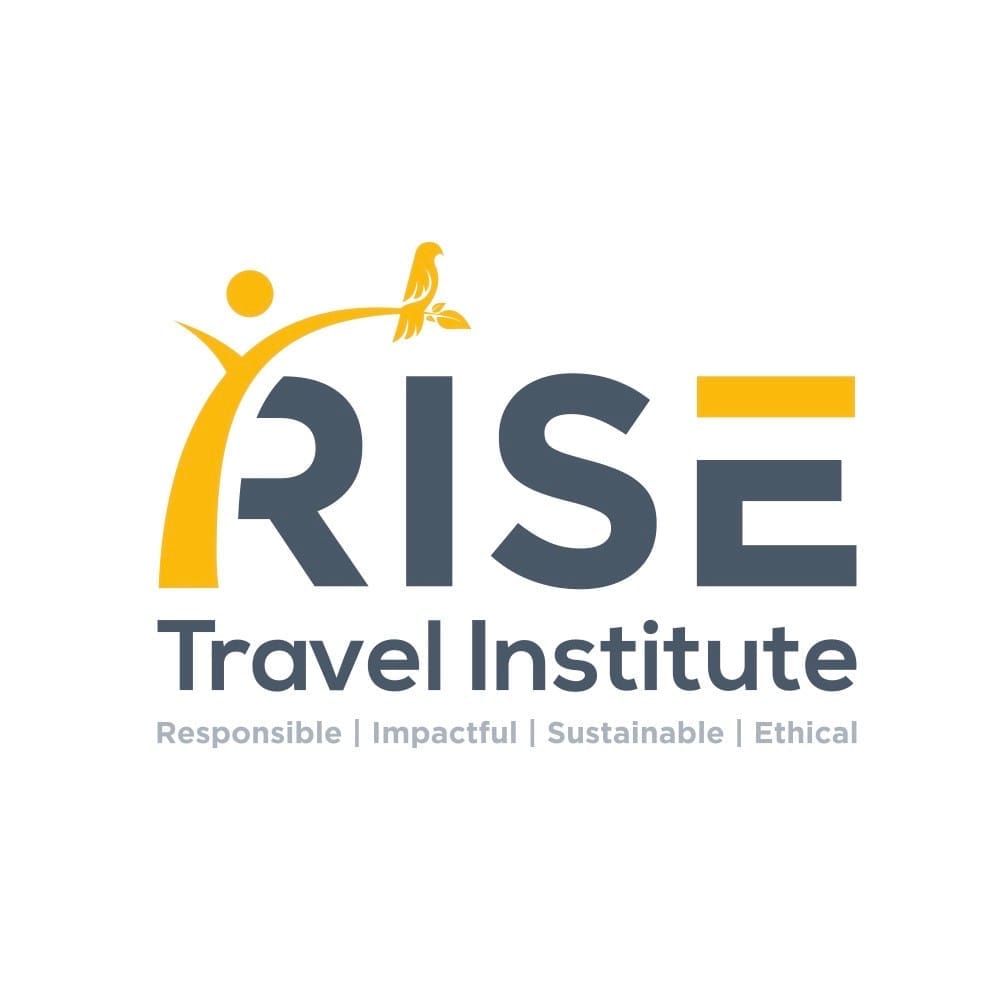
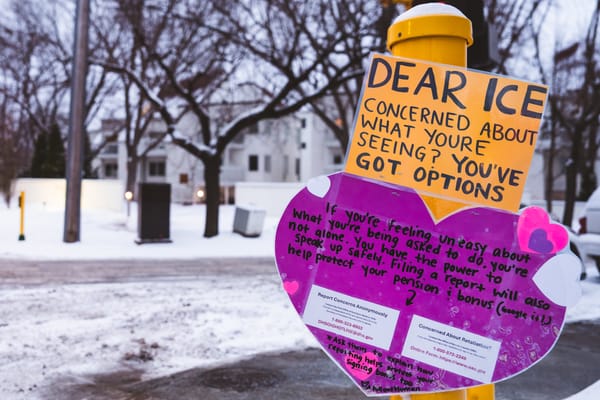
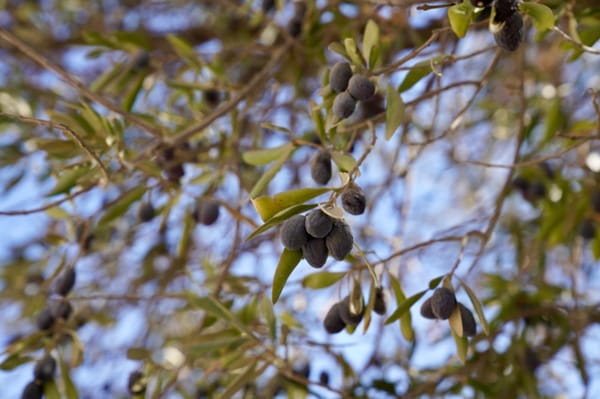
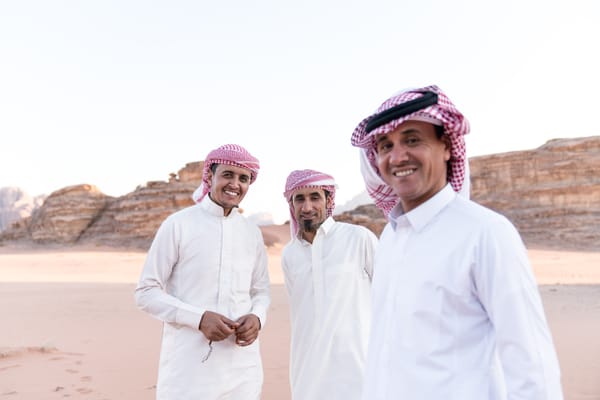
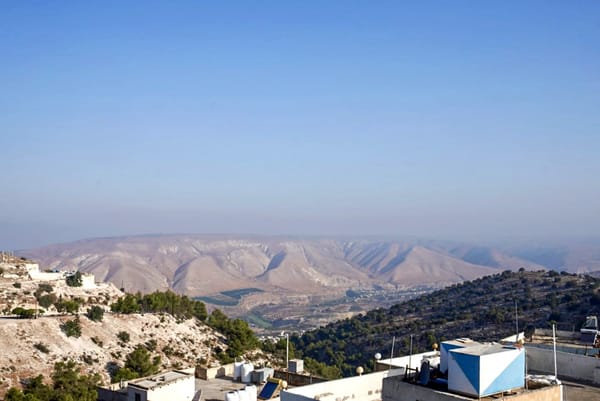
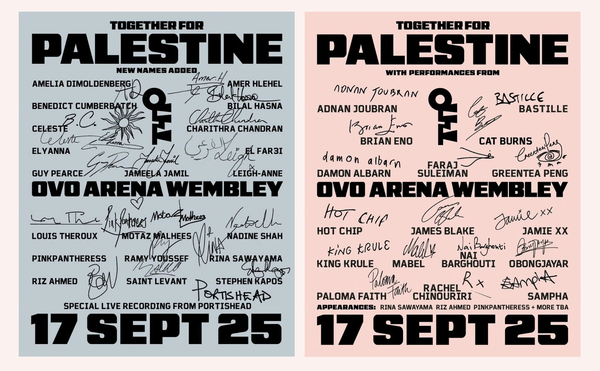
Member discussion